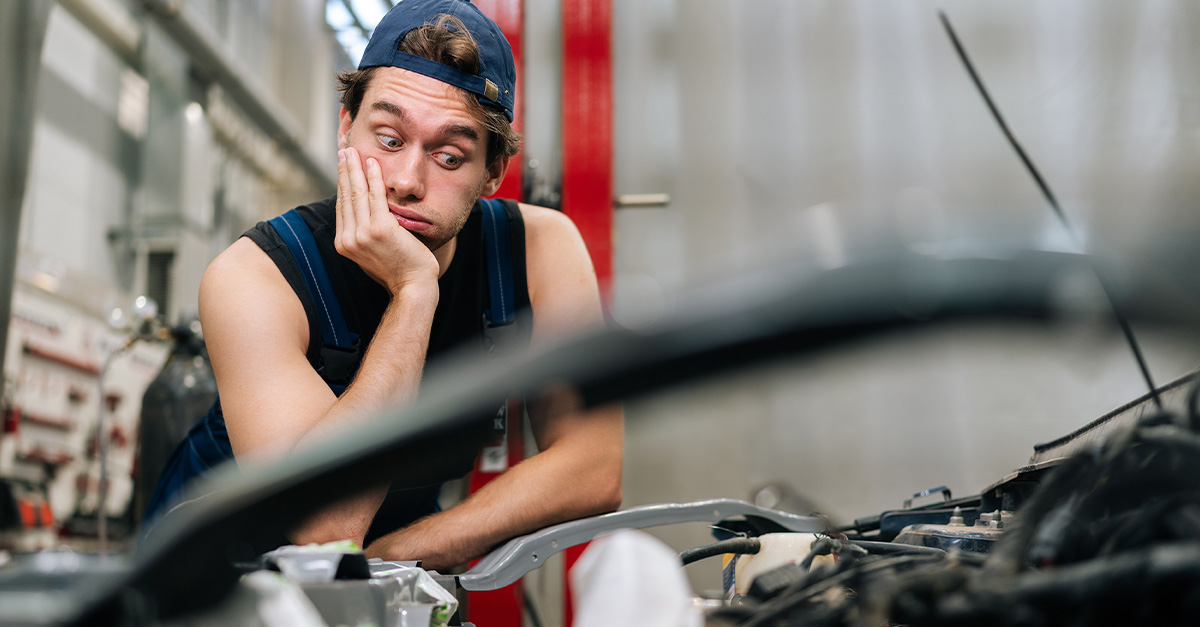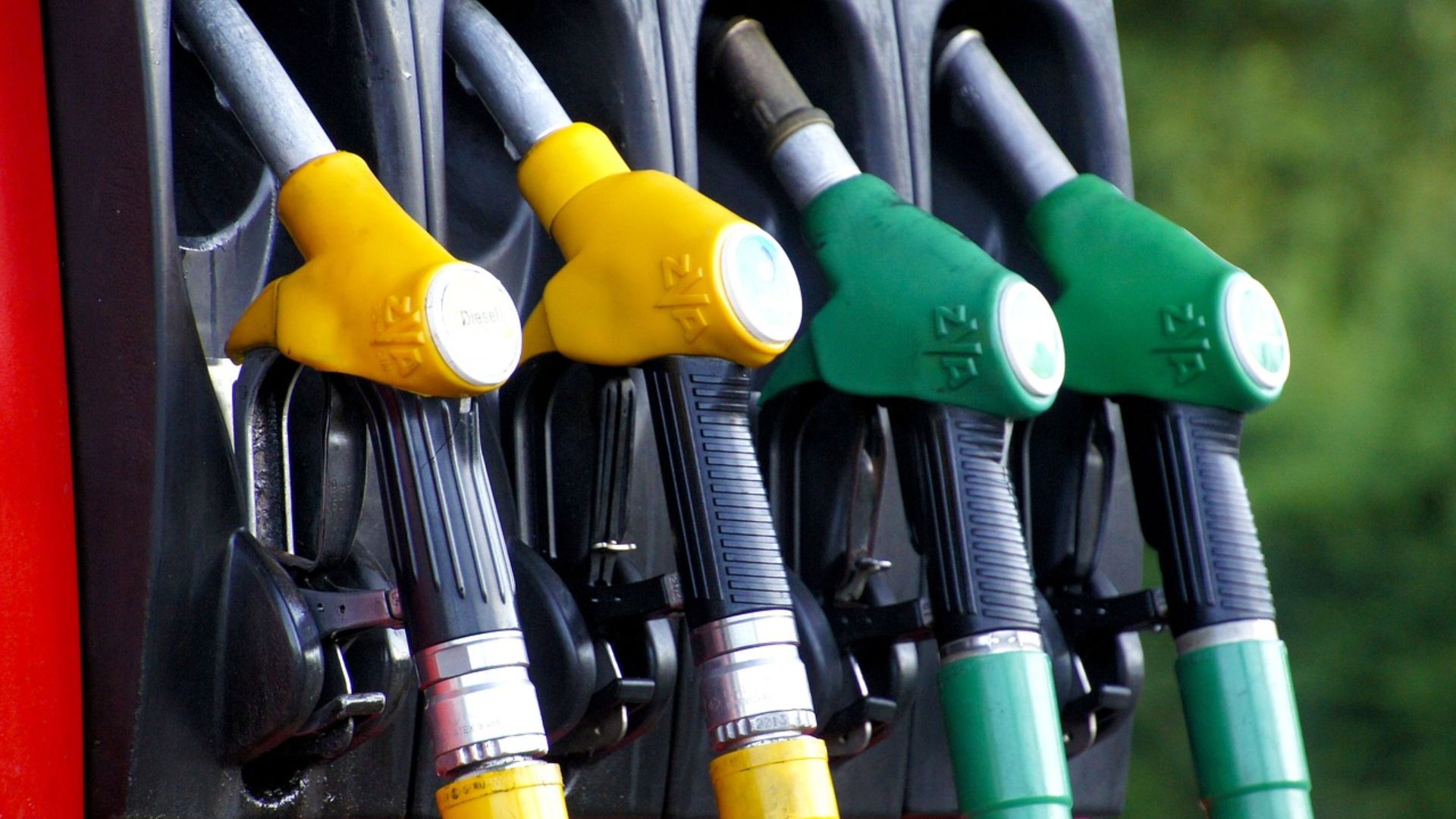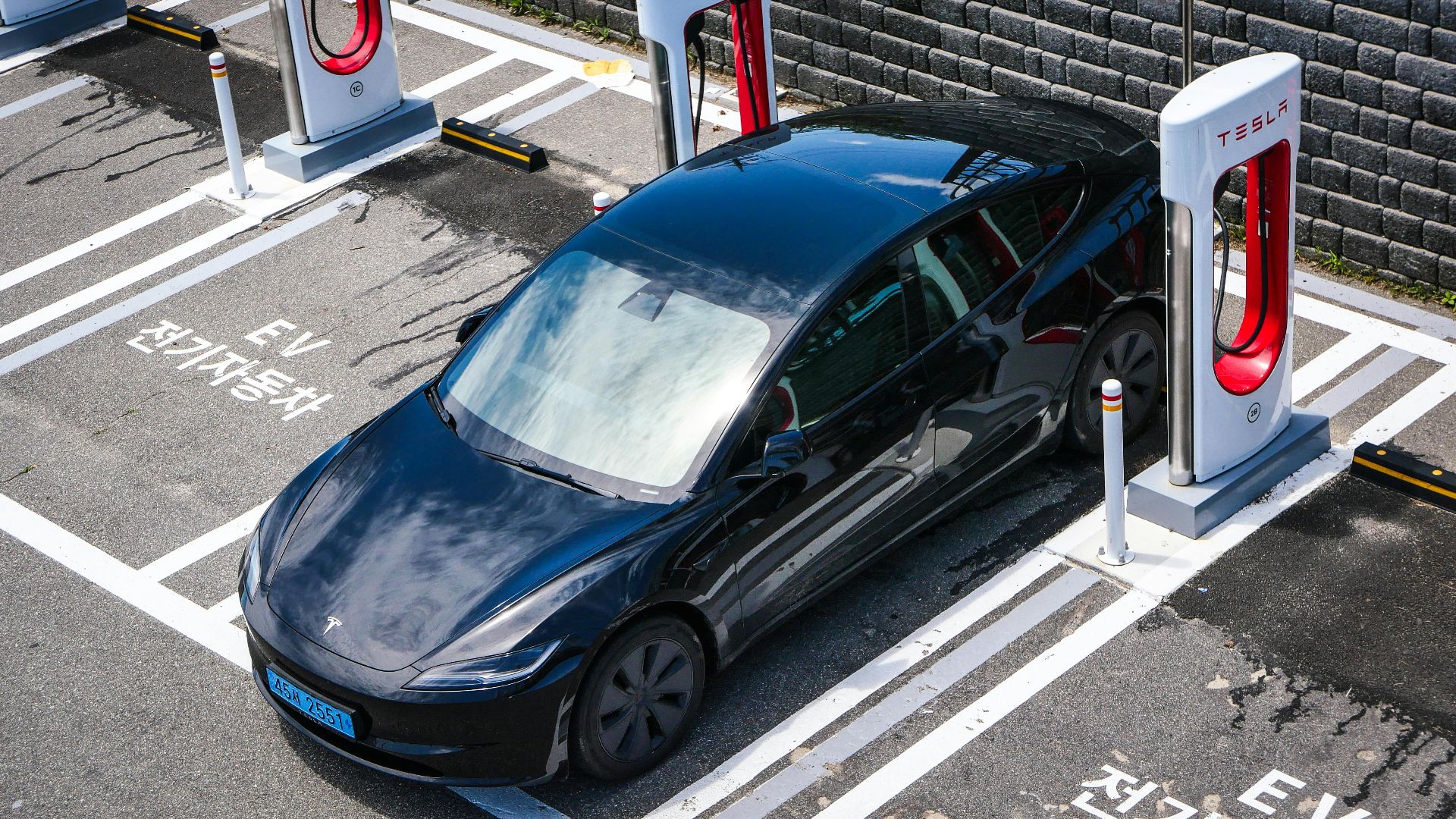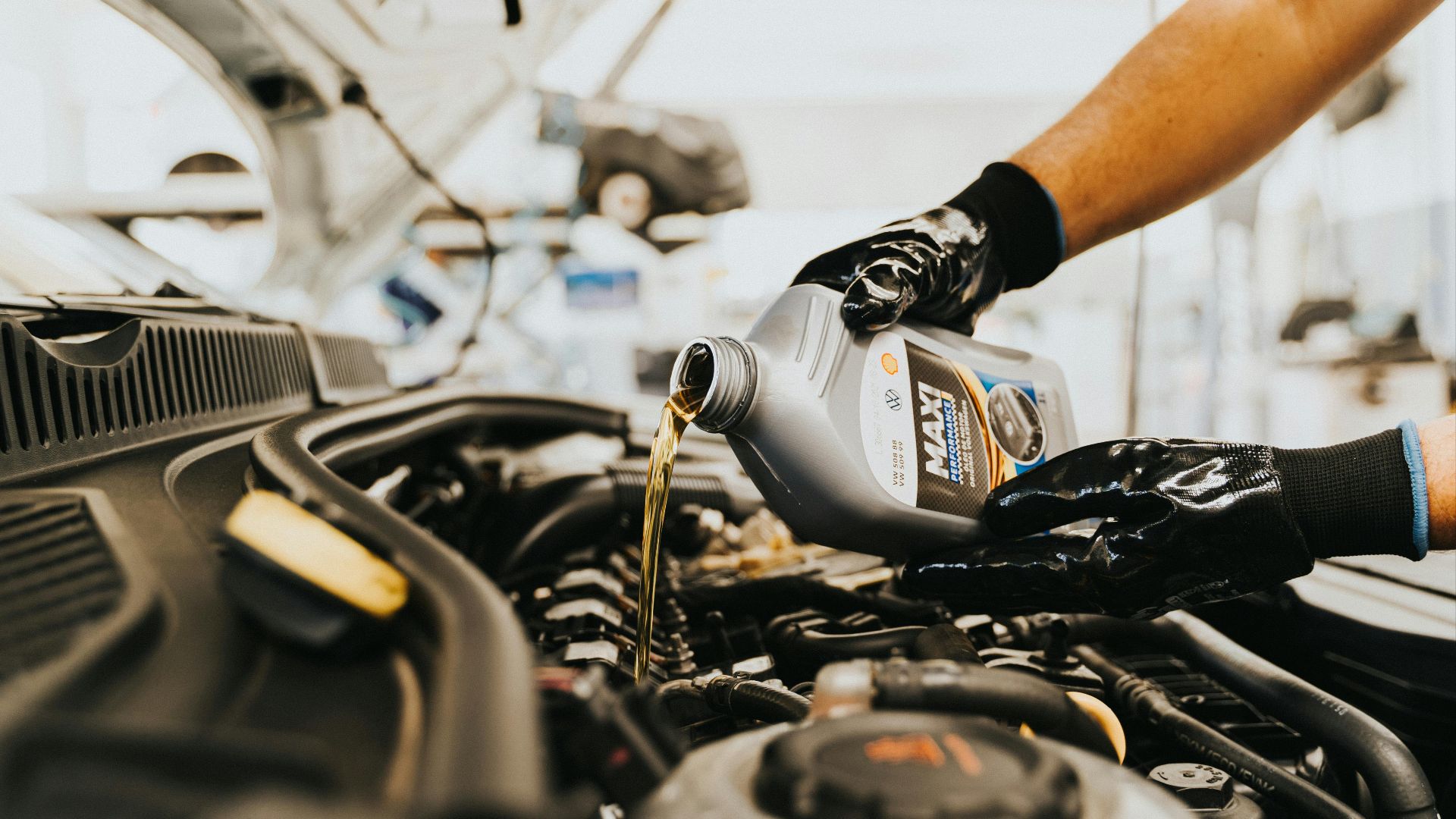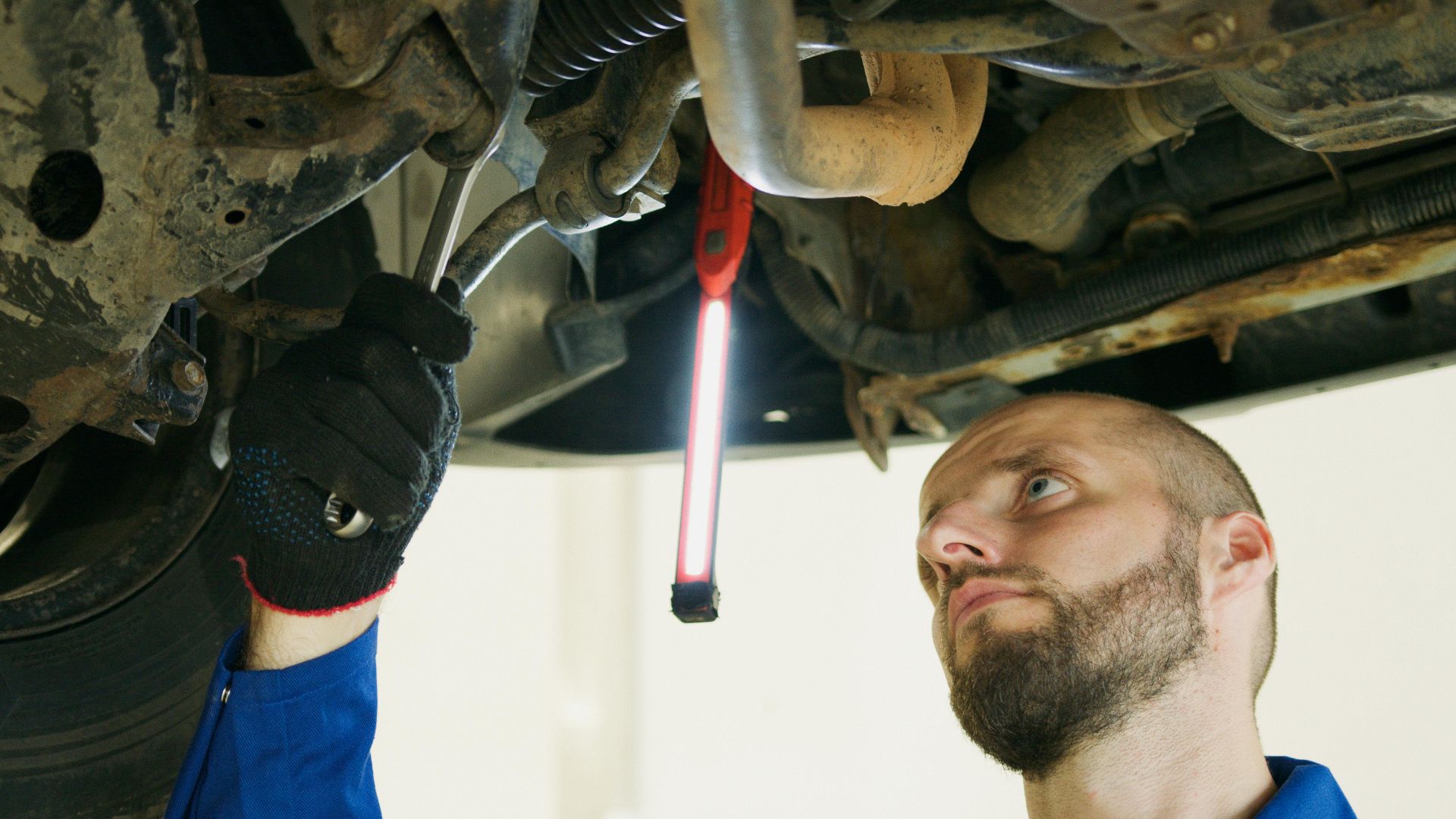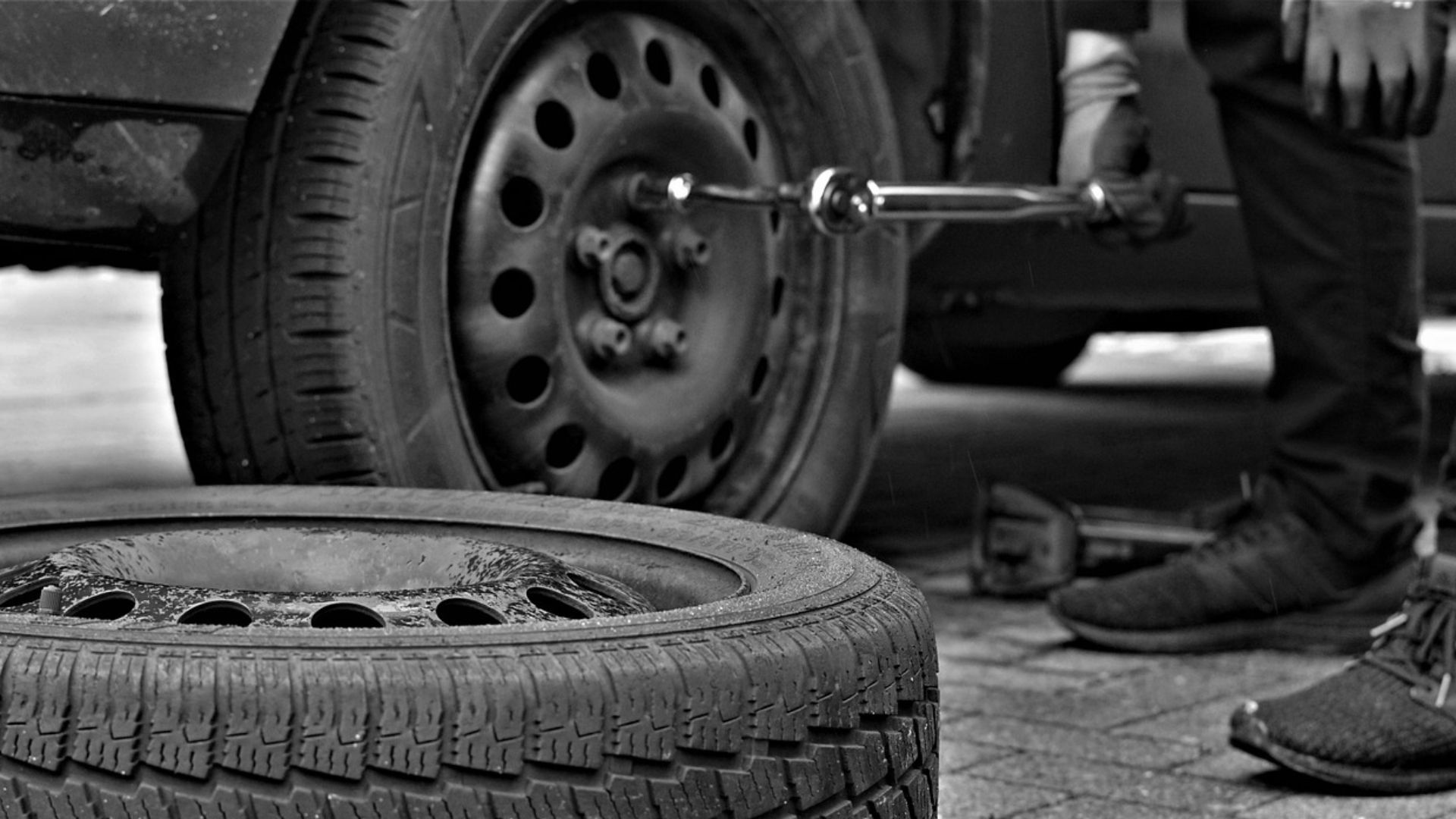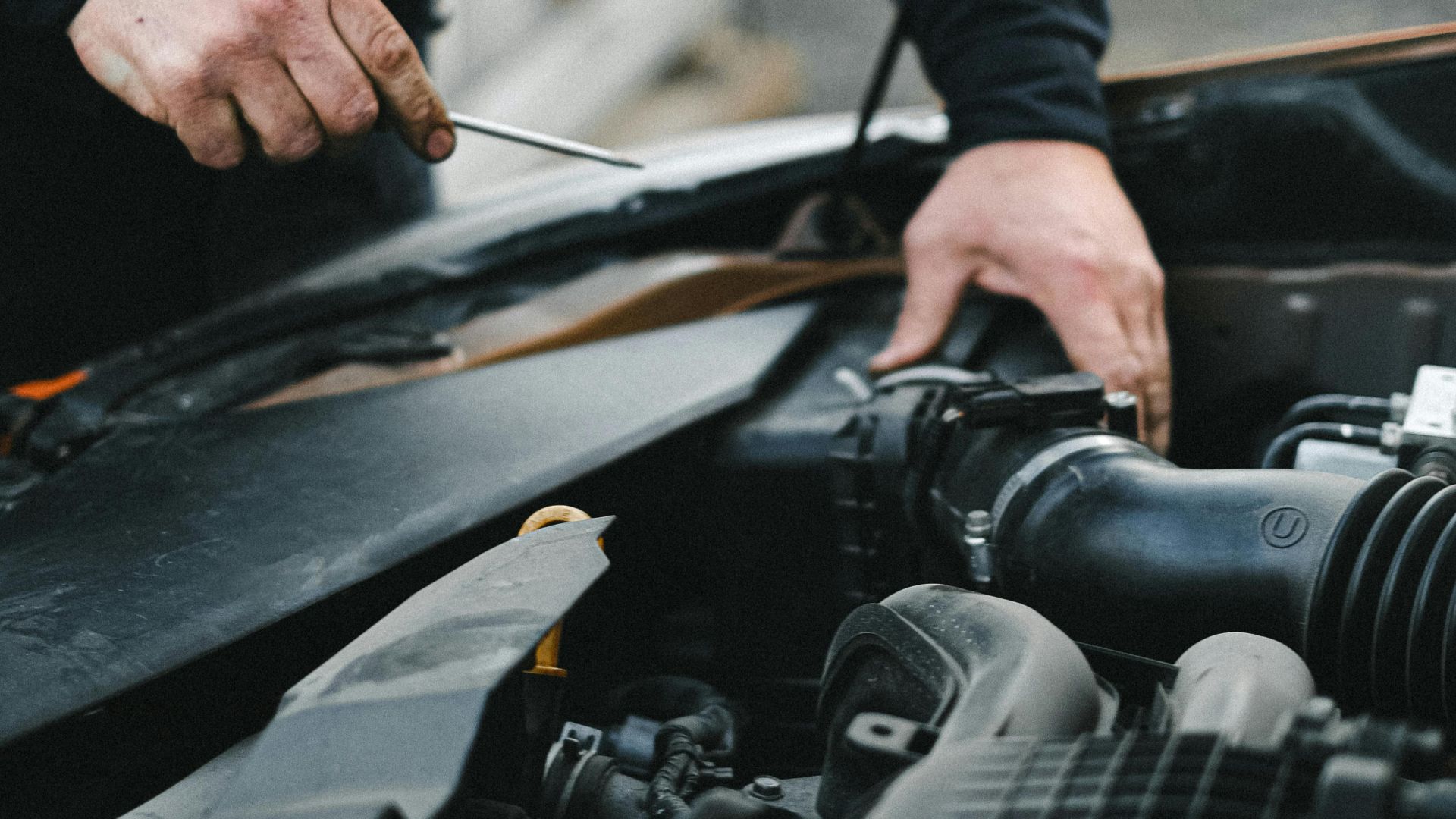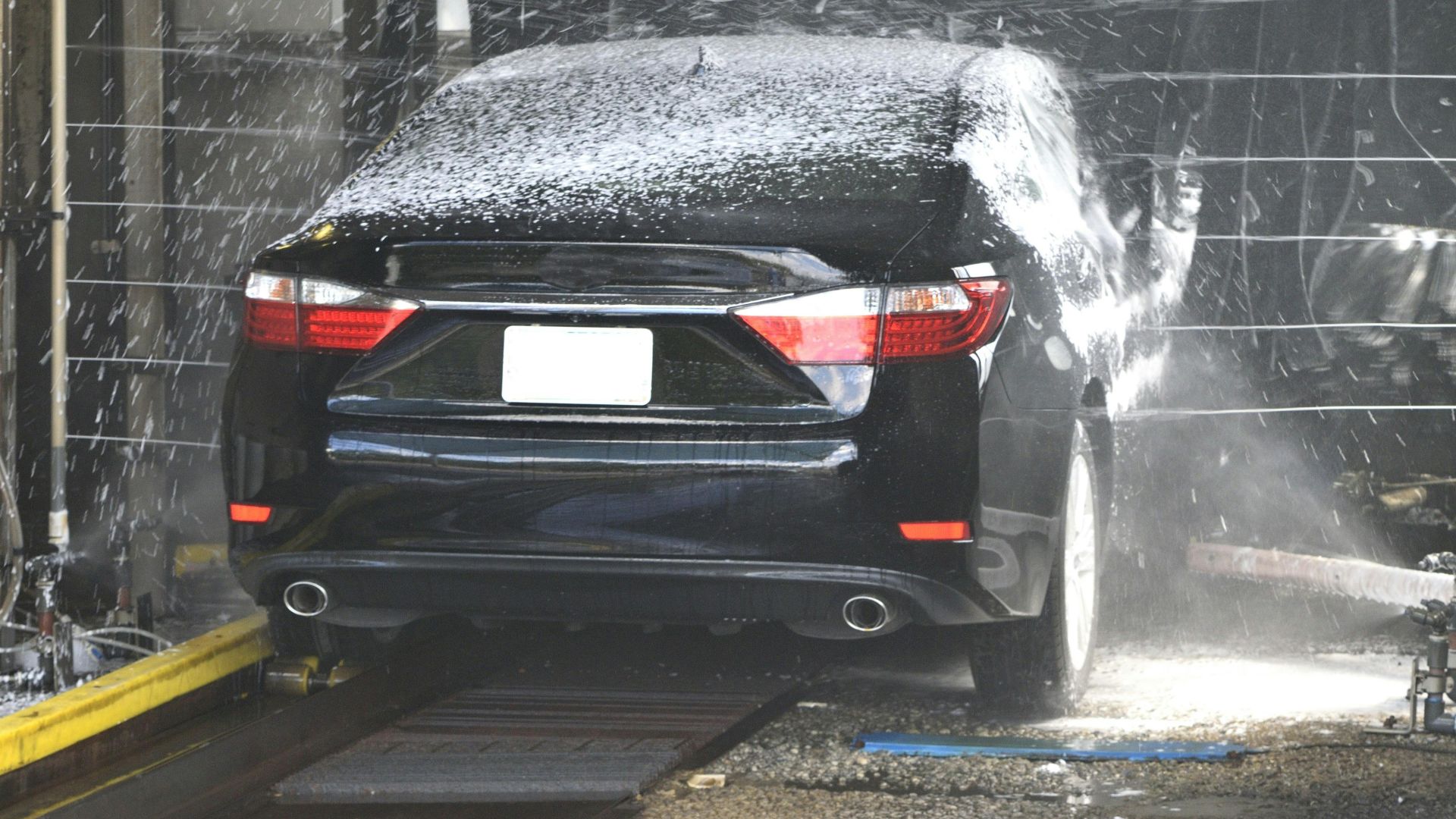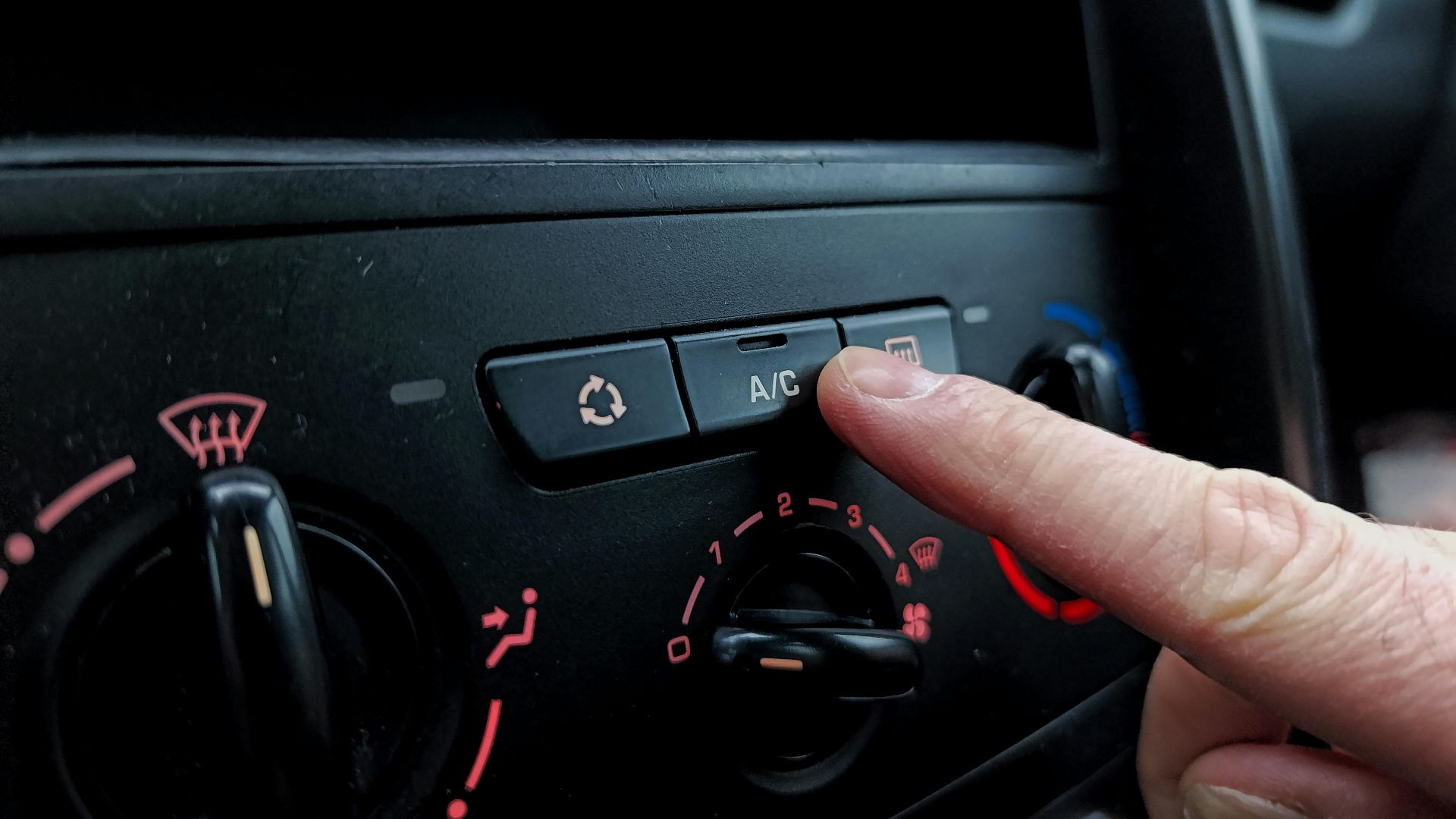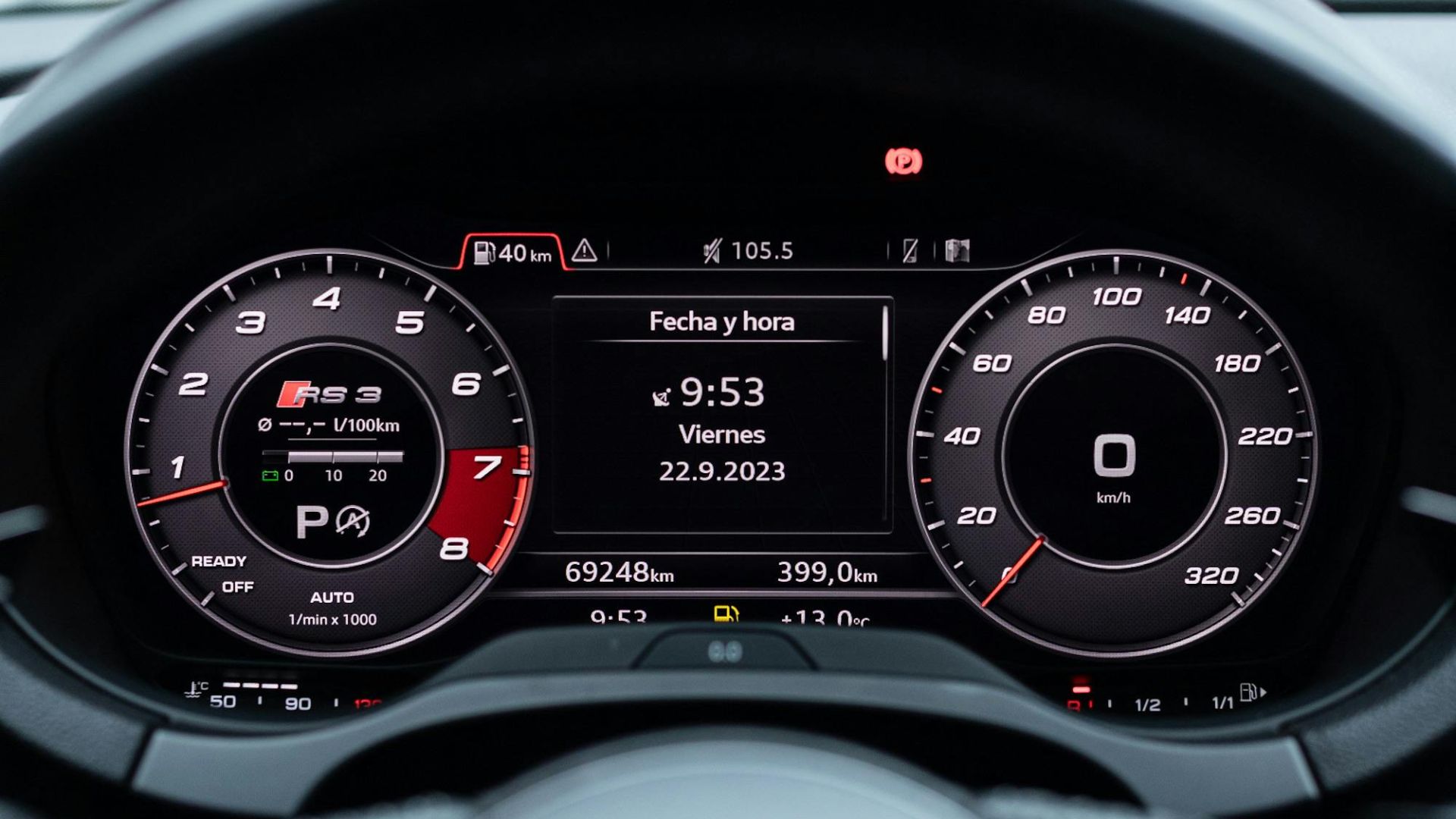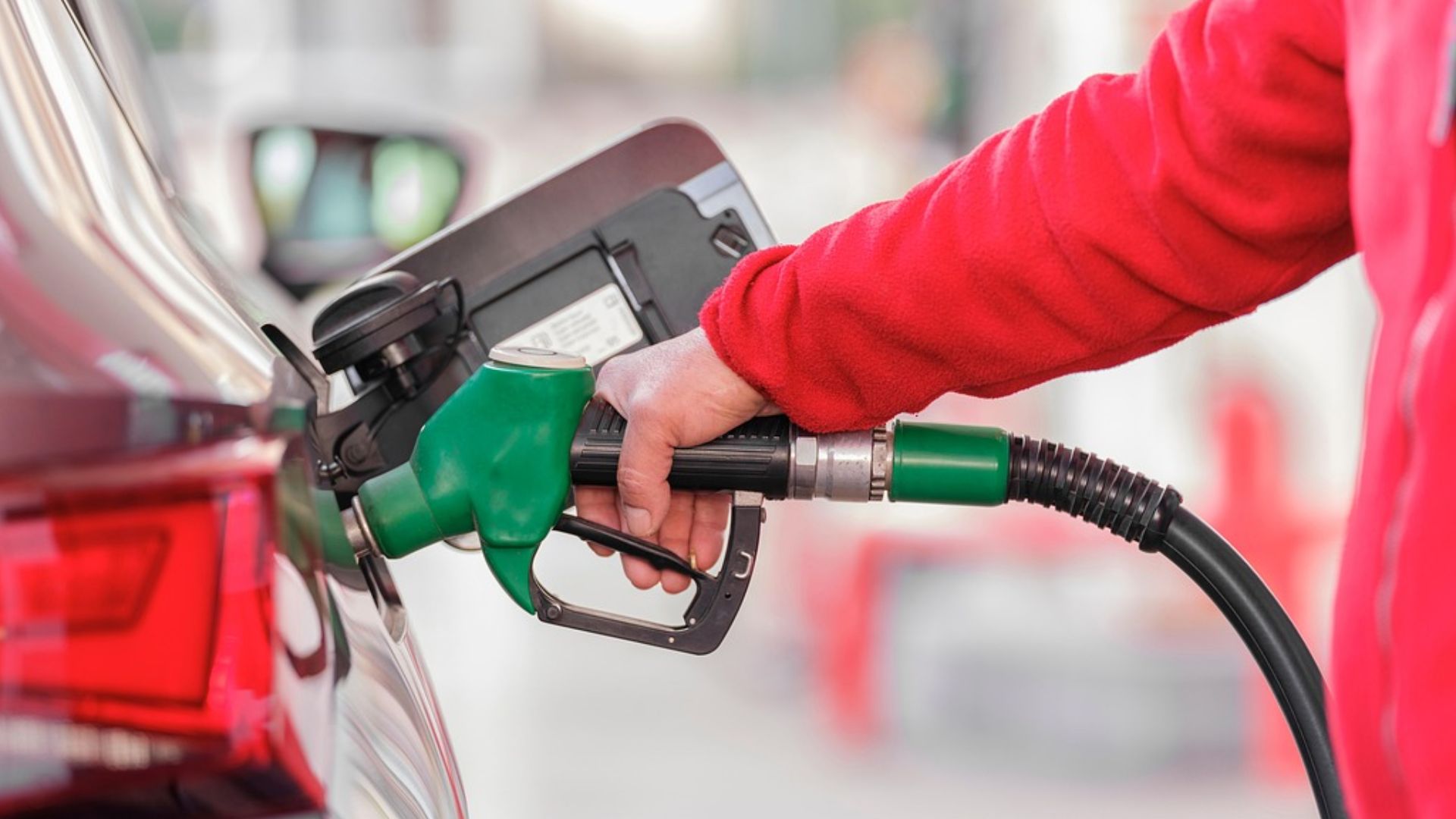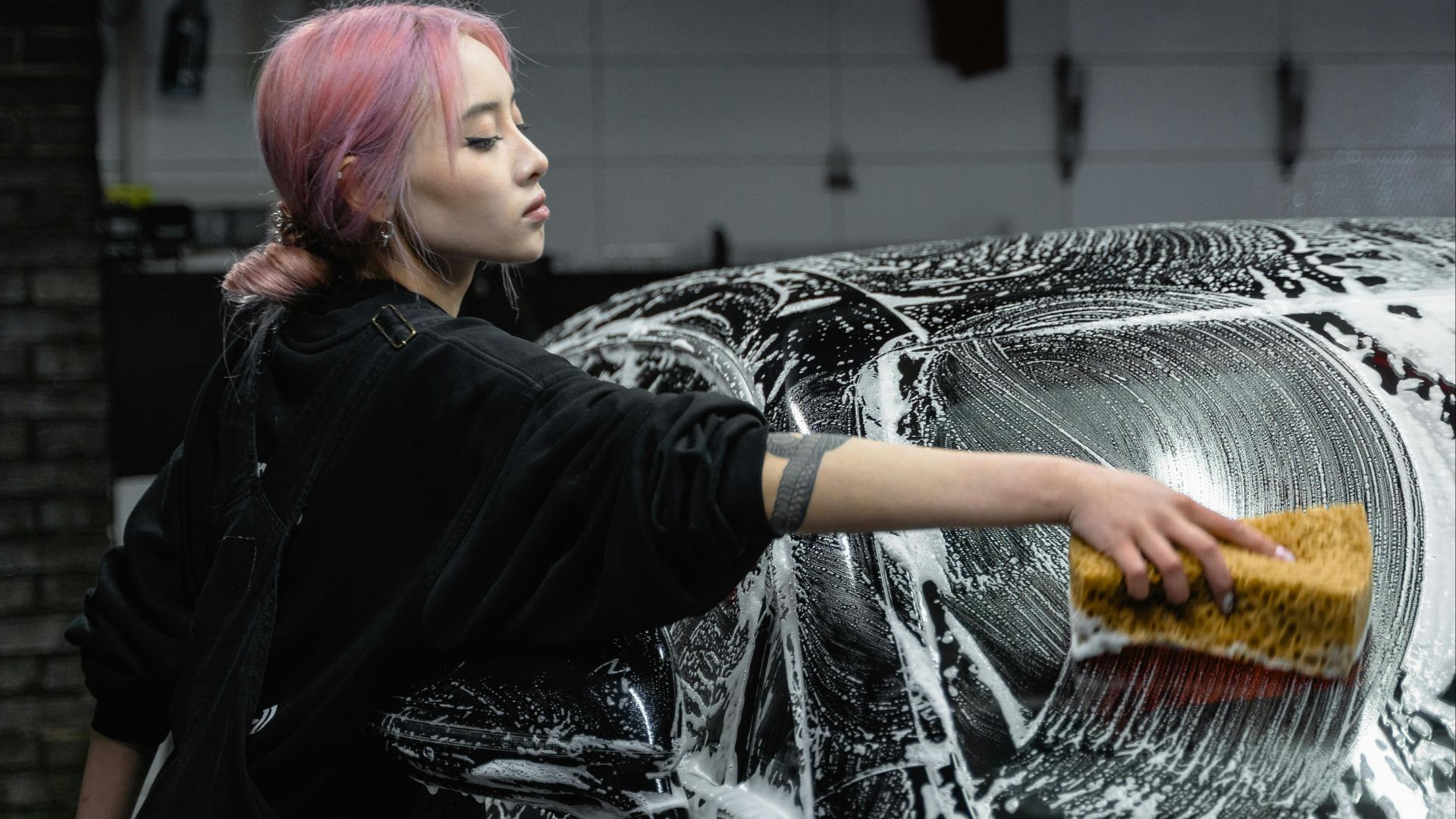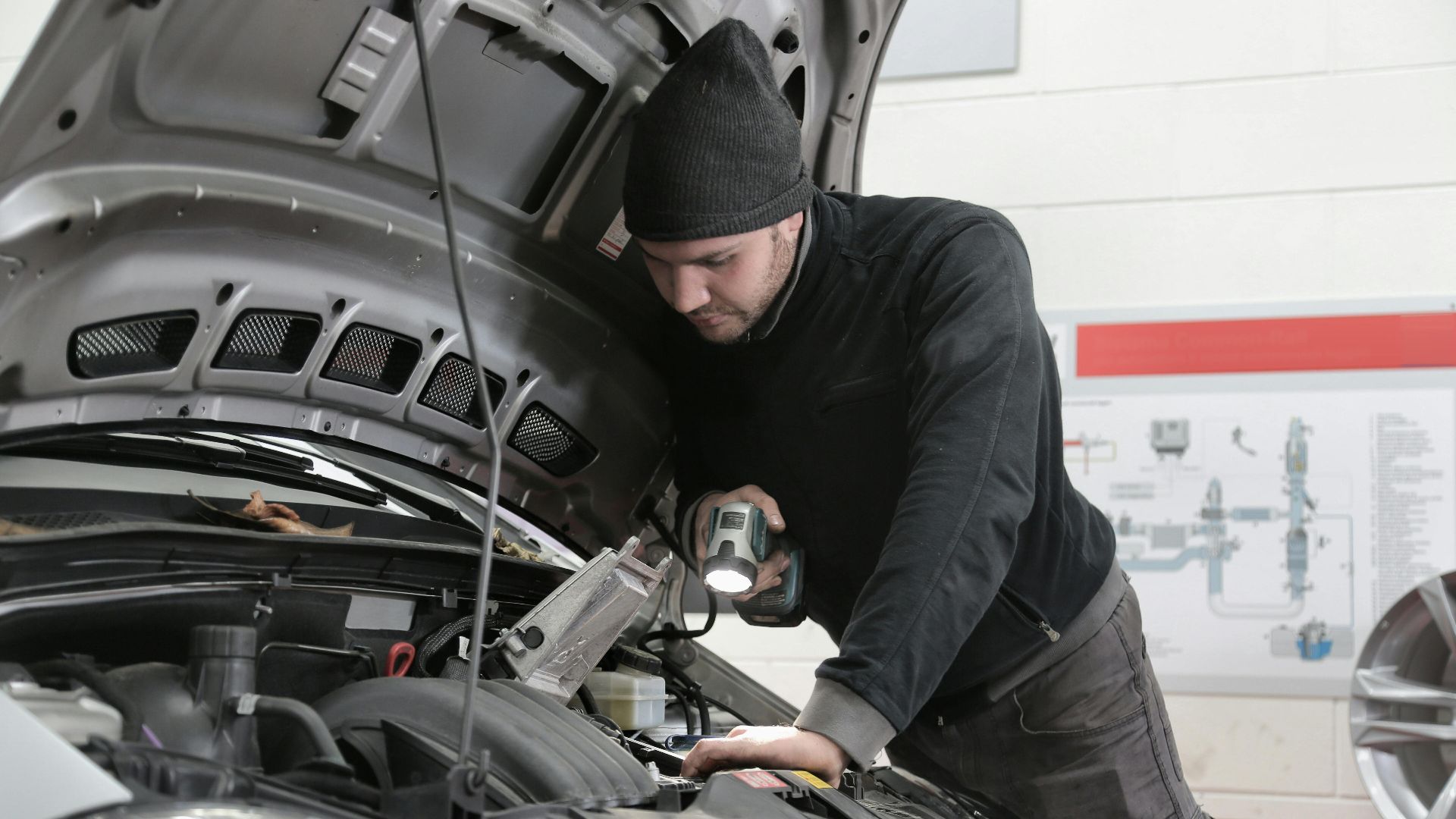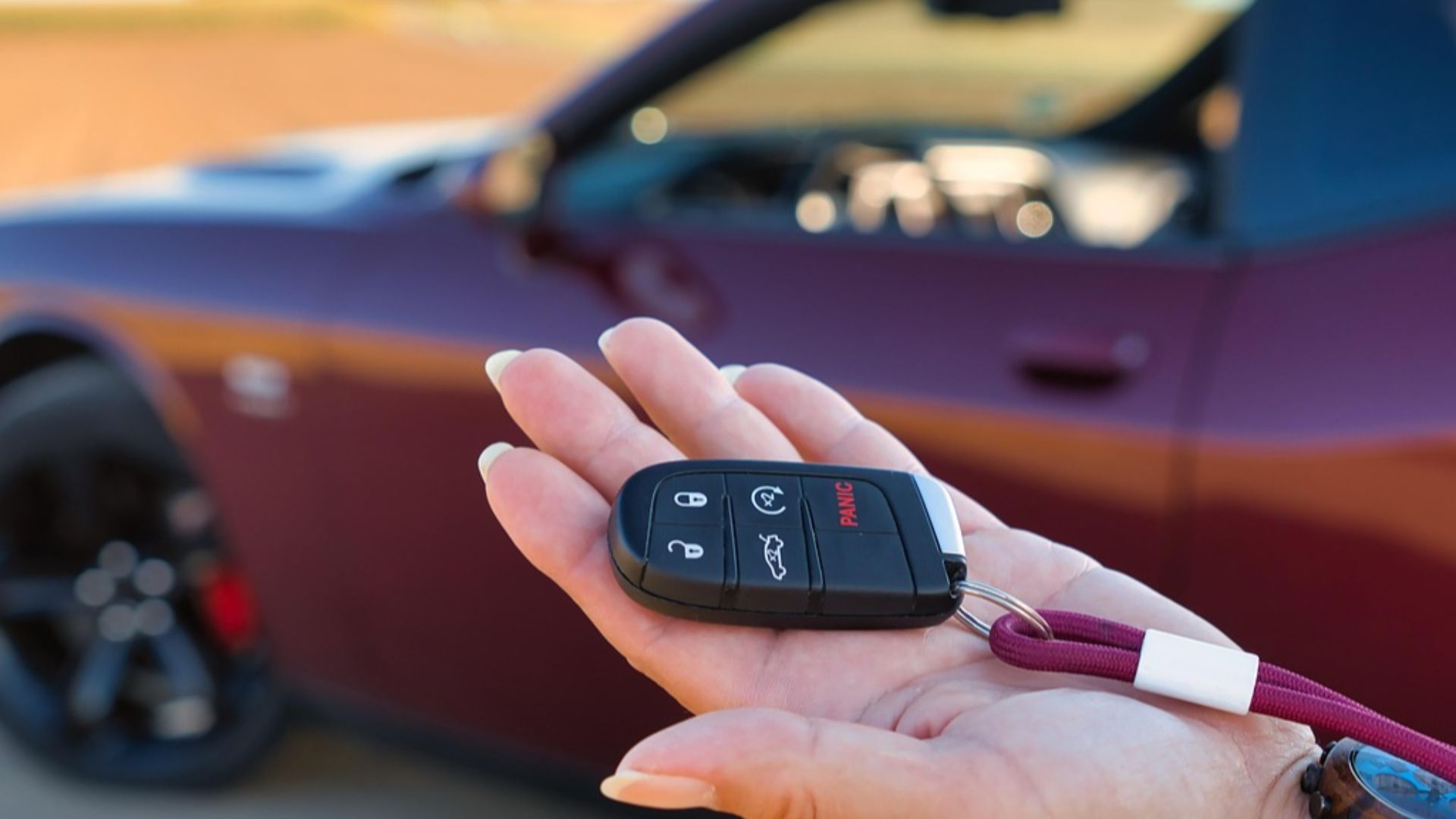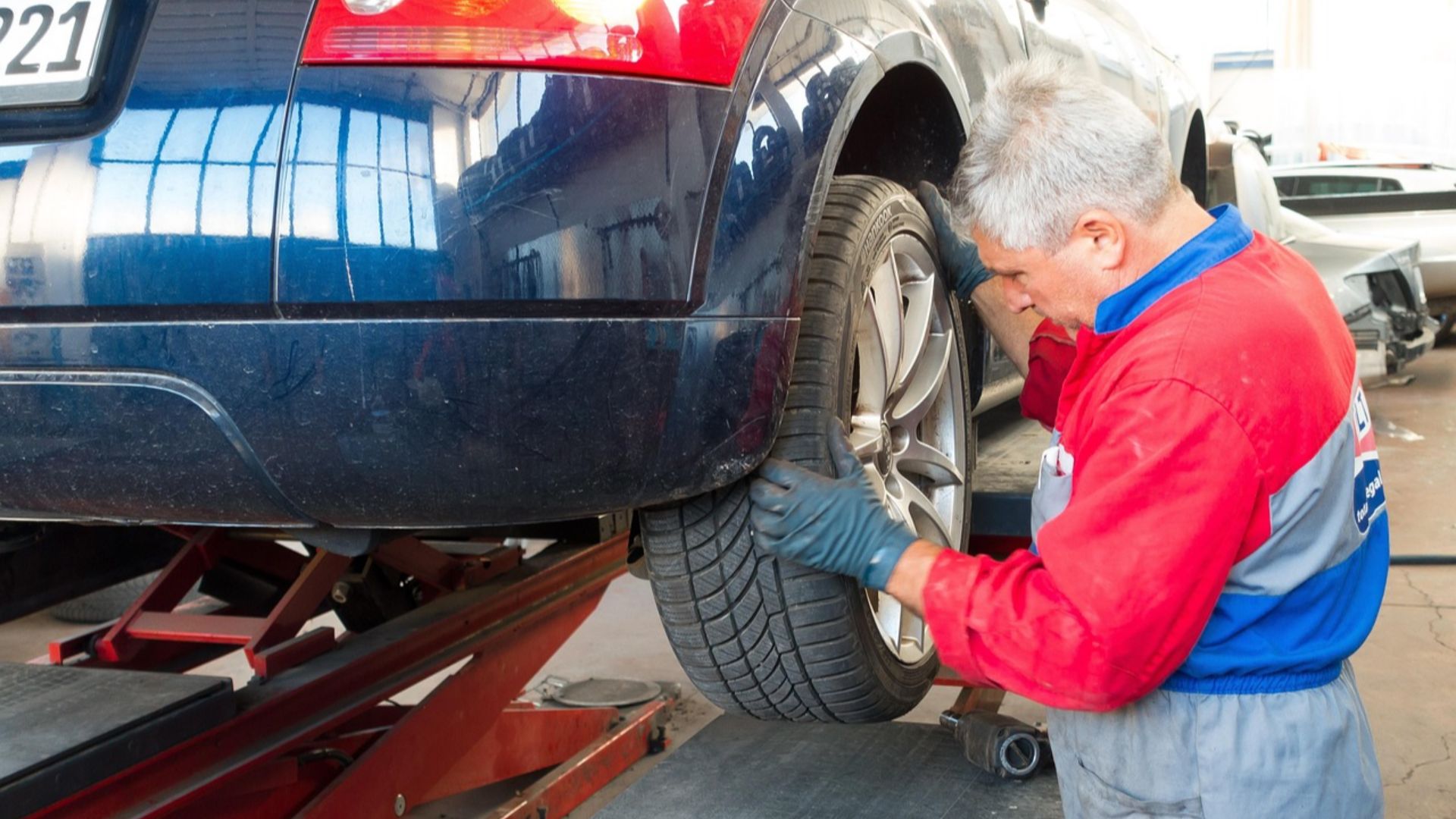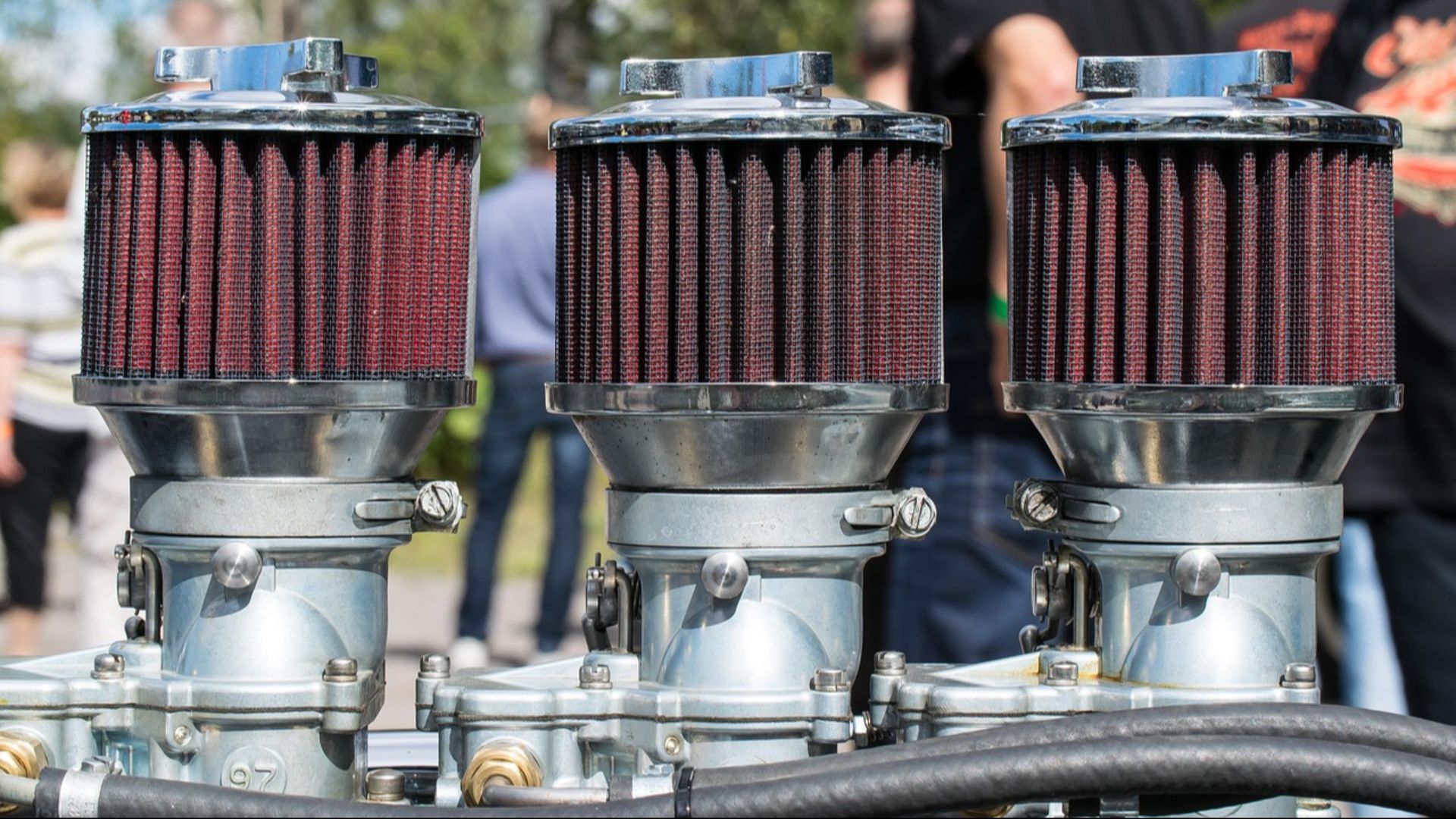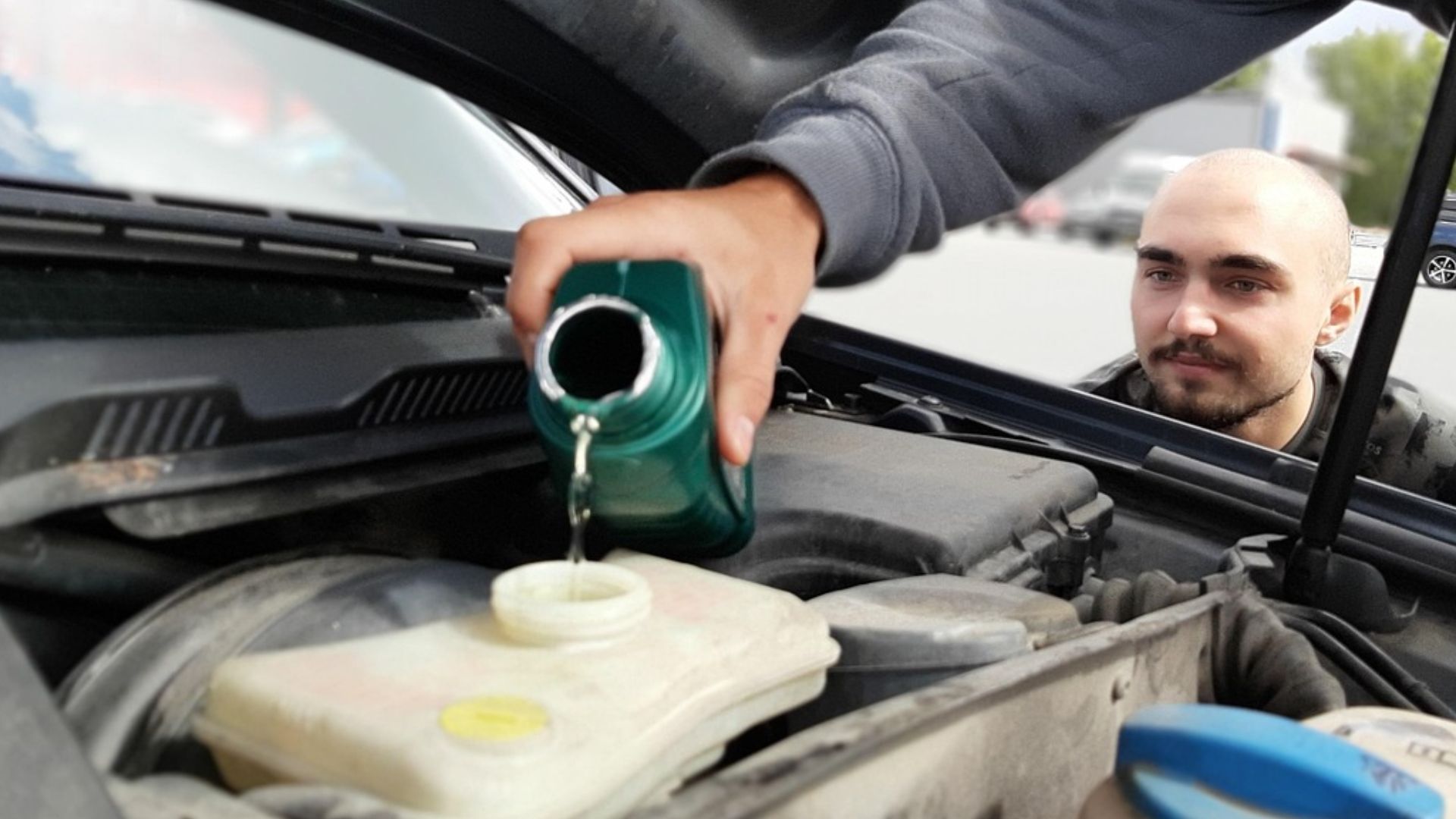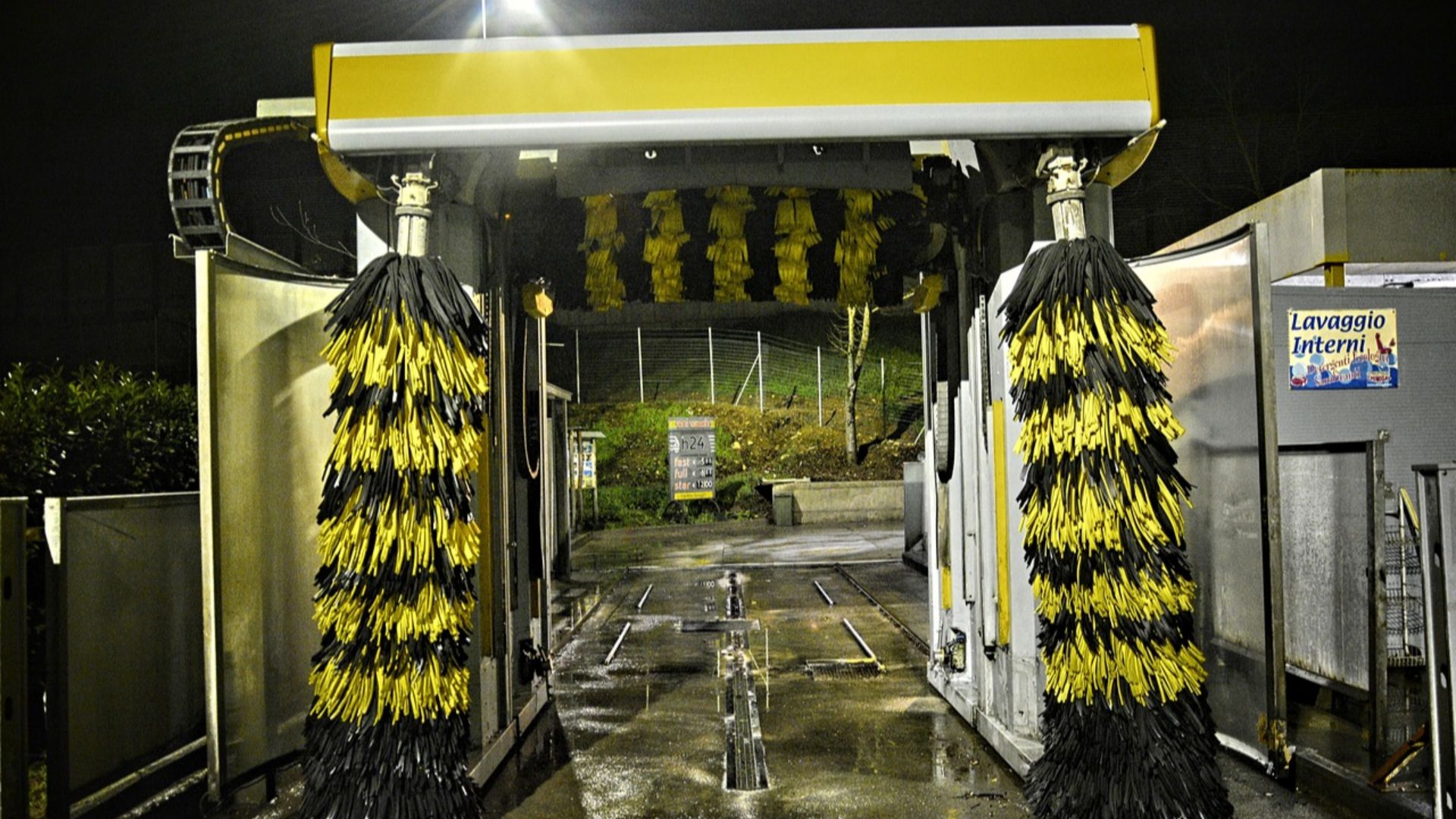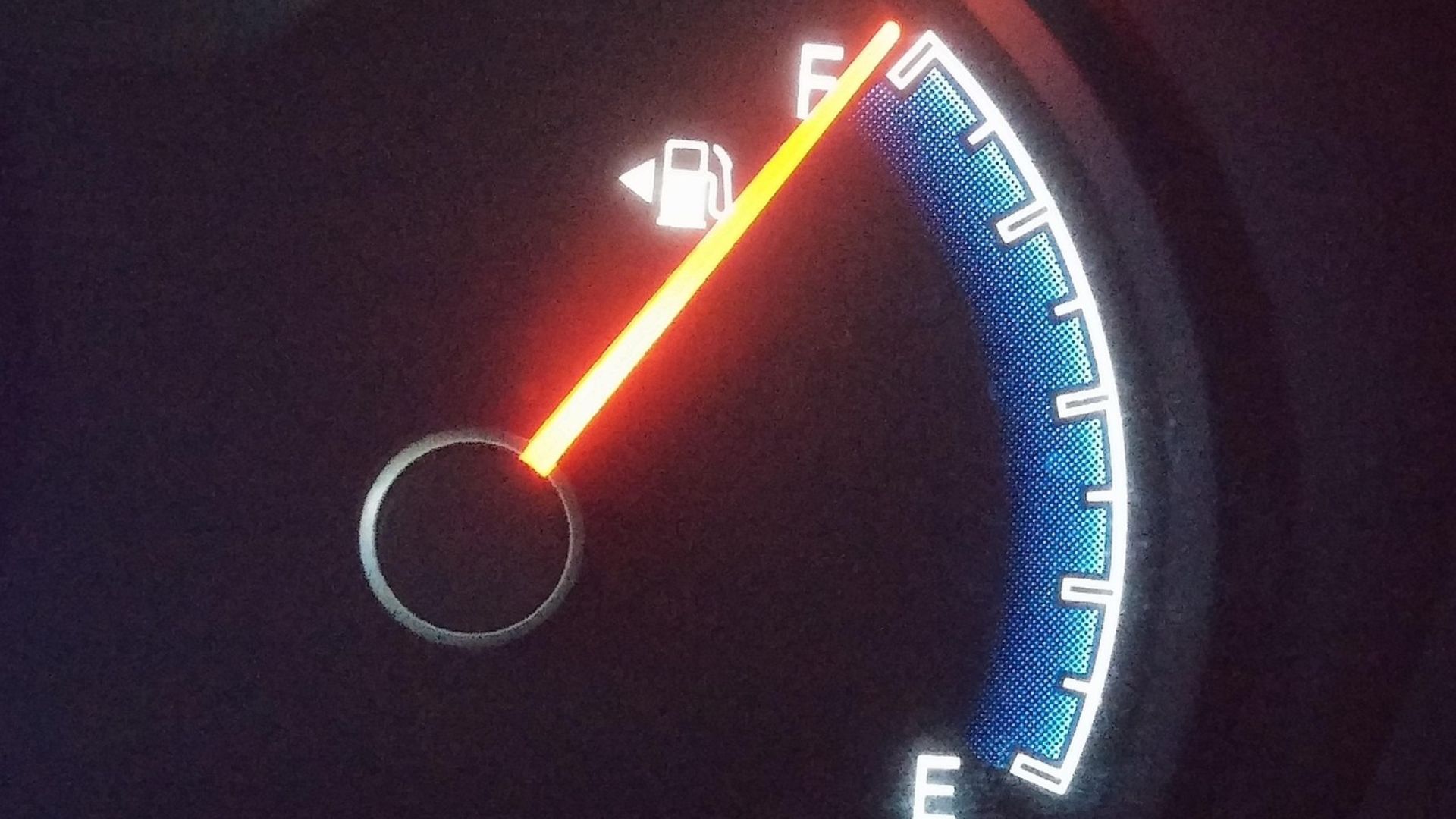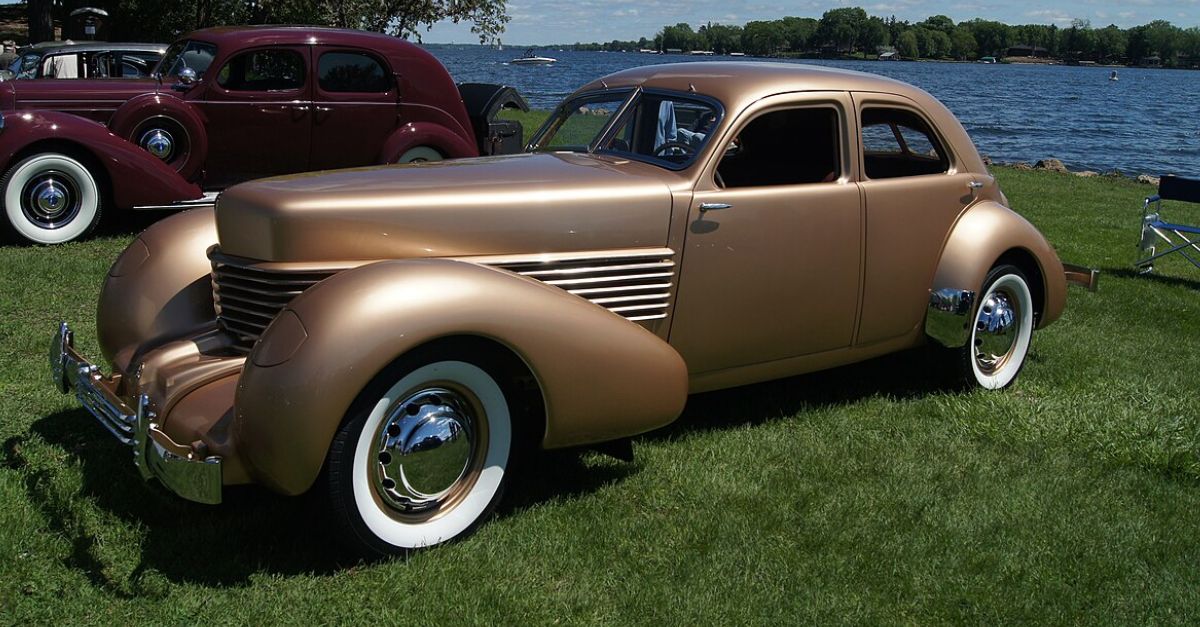These Common Car Care Myths Are Costing You Hundreds
If there’s one thing every mechanic hears daily, it’s car care “wisdom” passed down like folklore. Some of it comes from grandpa’s garage in 1972… and should’ve stayed there. I’ve spent decades under the hood listening to myths that simply refuse to die—even though modern cars have changed dramatically. So buckle up! I’m about to walk you through the 25 most common car care myths I hear and debunk them one by one. Think of this as a mechanic’s truth serum for your ride.
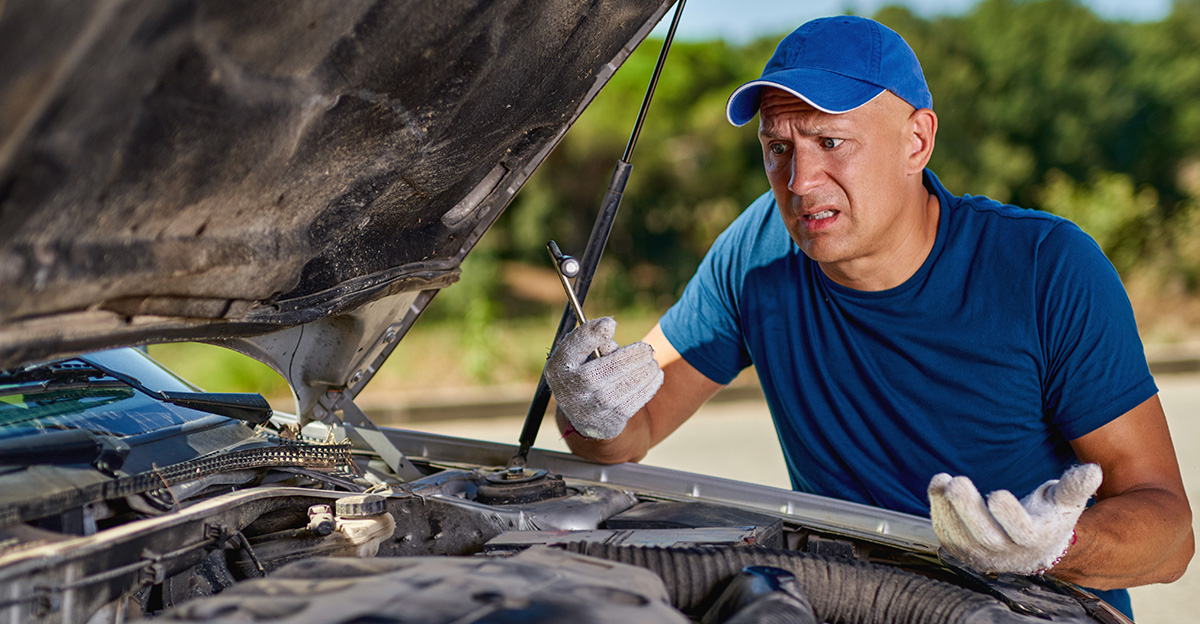
Rotate Your Tires Only When They Look Worn
You should rotate your tires long before visible wear shows up. Waiting until you “see a problem” means you’ve already shortened the life of your tires. Regular rotation keeps wear even and extends tire life—and your wallet’s life.
Premium Fuel Will Make Any Car Run Better
Unless your car specifically requires premium, you’re just donating money to the gas station. Modern engines are built to run exactly as designed using the recommended octane. Higher octane won’t magically boost performance.
You Must Warm Up Your Car For Several Minutes
This one comes from the carburetor era. Today’s engines warm up best by driving gently—not idling in your driveway for 10 minutes while you sip coffee. You’re wasting fuel, not helping your engine.
Electric Vehicles Don’t Need Maintenance
Sure, EVs ditch oil changes, but they still have brakes, coolant systems, tires, suspension, software, and filters. Skipping maintenance on an EV can land you in the shop just as fast as a gas car.
Oil Must Be Changed Every 3,000 Miles
This myth should come with a VHS tape, because that’s where it belongs. Modern synthetic oils and engines often go 5,000–10,000 miles safely. Always follow the manufacturer’s interval—not the quick-lube sticker.
A Loud Engine Means A Serious Problem
Not always! Sometimes it’s something small like a loose heat shield, worn belt, or cheap gasket. Don’t panic—but do get it checked. Loud noises are worth investigating, not freaking out over.
My Car Will Explode If The Check Engine Light Comes On
I promise: it’s not a Michael Bay movie. The light means something needs attention, not that you’re seconds from fireball doom. Have it scanned and diagnosed before assuming the worst
Bigger Tires Always Improve Performance
Oversized tires can actually throw off speedometer accuracy, fuel economy, handling, and even stress your transmission. Upgrades are fine—just choose the right size, not the biggest one on the shelf.
All Mechanics Try To Upsell You
Look, every industry has bad apples. But most of us recommend things because we know what happens when you don’t fix them—like brakes worn down to metal, or an engine leaking more oil than a deep-fryer. Ask questions. Any honest mechanic will explain the “why.”
Synthetic Oil Will Cause Old Engines To Leak
Not true. Synthetic oil doesn’t cause leaks—it just flows better, which can reveal existing ones. The leak was already there; the synthetic oil didn’t magically create it.
You Can Wash Your Car Too Much
Nope! Dirt, grime, and road salt are what damage your paint—not soap and water. Just use proper cleaning products and avoid those harsh gas-station scrub brushes that look like they’re made of steel wool.
Brake Fluid Lasts Forever
Brake fluid absorbs moisture over time, which reduces braking power and damages internal components. A flush every 2–3 years keeps your braking system safe and responsive.
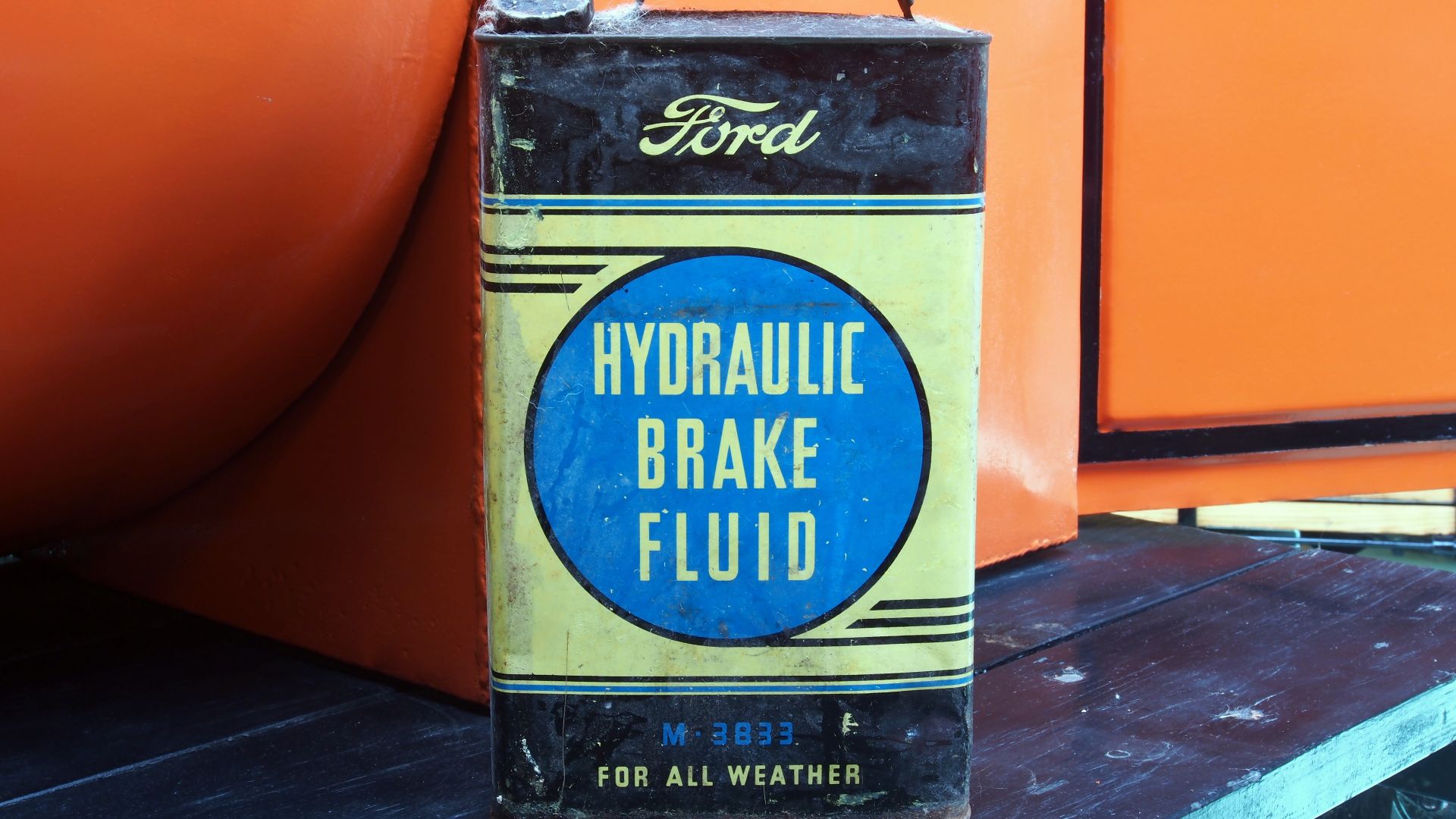 Alf van Beem, Wikimedia Commons
Alf van Beem, Wikimedia Commons
If the AC Isn’t Cold, It Just Needs More Refrigerant
Refrigerant doesn’t get “used up” like gas. If your AC is warm, there’s a leak or another problem. Adding refrigerant without a fix is like pouring water into a bucket full of holes.
You Should Replace All Four Tires At Once
That’s only true for certain AWD systems. Most front- or rear-wheel-drive cars can replace just two at a time, as long as they’re installed in pairs and the tread isn’t dramatically mismatched.
New Cars Don’t Need Maintenance Until 20,000 Miles
Nope. Even brand-new vehicles require early checkups—including fluid levels, tire pressure, and initial oil changes. Skipping early maintenance means trouble later.
Manual Cars Get Better Gas Mileage
This used to be true—but modern automatics have more gears, more efficient programming, and often beat manuals at the pump. The myth died when carburetors did.
Use Dish Soap To Wash Your Car
Please—don’t. Dish soap strips wax and dries out rubber seals. Your car deserves better than what you use on spaghetti plates.
If It Ain’t Broke, Don’t Fix It
Maintenance is about preventing breakage, not responding to it. Your timing belt won’t warn you when it’s about to snap. Some parts must be replaced on schedule, not after a failure.
Jump-Starting Your Car Is Always Safe
Not if you reverse the cables, connect to a bad ground, or jump from a weak battery. You can fry electronics, including ECUs. It’s safe when done correctly, not casually.
You Should Inflate Tires To the PSI Listed On the Tire
That number is the maximum pressure, not the recommended one. The correct PSI is on the doorjamb sticker and is designed for your vehicle’s weight and handling needs.
You Need To Replace Your Air Filter Every Oil Change
Air filters depend heavily on environment. A car in dusty Arizona needs it more often than a car in rainy Seattle. Inspect it—don’t blindly replace it every 3,000 miles.
Coolant Is Just Colored Water
Coolant raises boiling points, prevents freezing, protects metals, and lubricates the water pump. Skipping coolant flushes is a great way to ruin a perfectly good engine.
Electric Vehicles Can’t Be Driven Through Car Washes
EVs go through car washes just fine. They’re sealed, weatherproof, and engineered to survive far more than a few suds and rollers.
You Should Always Fill Your Tank When It’s Low
Actually, running low frequently can overheat the fuel pump because fuel keeps it cool. Letting it drop below a quarter tank constantly can shorten pump life.
Fuel Additives Will Clean Your Engine Like Magic
Most store-bought additives are glorified snake oil. A few reputable products can help in certain cases, but none replace proper maintenance. If an additive could truly “fix everything,” I’d be out of a job.
What Car Care Myth Did You Used To Believe?
Car care myths spread faster than a sports car at full throttle, but the truth is far more practical (and usually cheaper). Modern vehicles are smarter, more efficient, and more complex than the cars your parents grew up with. That’s why understanding what’s actually good for your ride matters. Hopefully, this myth-busting tour helps you make better decisions, save some cash, and keep your car running smooth. And if you ever hear a friend repeat one of these myths—feel free to send them my way. Mechanics love a good debunking session.
You May Also Like:
Three Great Cars For College Students
The Best Quick Guide To Buying Tires

